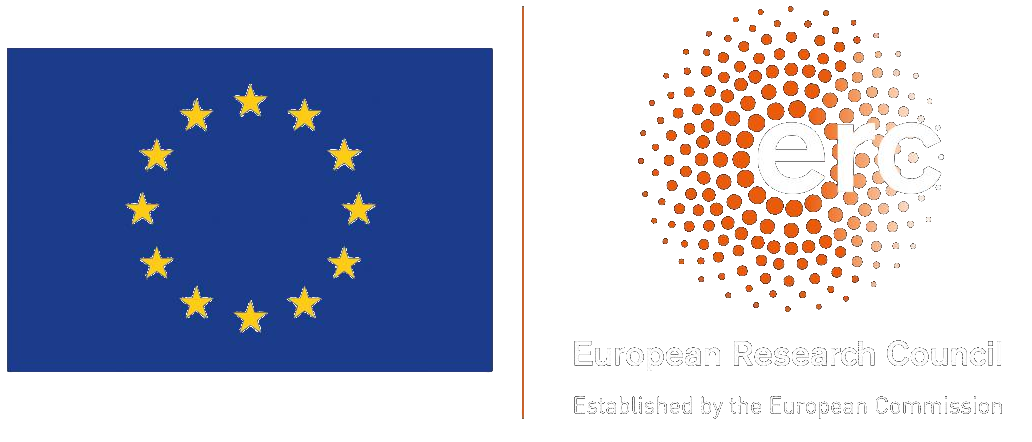SETAC SciCon: a virtual conference
SETAC SciCon: a virtual conference
08.05.2020 | by Francesca Verones
The SETAC (Society for Environmental Toxicology and Chemistry) Europe Annual meeting was supposed to take place in Dublin this year. Due to the situation with the Coronavirus, the conference could of course not be held as planned. Instead of canceling the conference, the organizers decided to transform the conference into a fully virtual meeting, complete with keynote speakers, scientific sessions, poster sessions and exhibition hall.
Together with my colleagues from the Marilca working group, I had a talk about the planned framework for marine plastic impacts within a life cycle impact assessment (LCIA) context. This framework is very important for making sure we have a holistic picture of the complex issues of marine plastics and I was delighted to be able to present a current version of it (see presentation section for the recording)!
The virtual meeting was in my opinion very well organized, all talks were available on demand and questions could be asked and answered via a chat box. Instead of a regular session, there was a webinar which invited for discussion among the participants. I found that a very interesting format, because it allowed participants to watch presentations whenever they could (and now they also did not need to choose between sessions running at the same time) and the webinar allowed for a more overarching discussion than simple question-answer sets for individual talks.
In this whole digital adventure the social, face-to-face component was of course missing, but for me the conference was nevertheless a big success and if such a virtual meeting could perhaps be combined with an on-site conference in the future, this could potentially be a way forward to reducing at least some of the business travel around the world.




